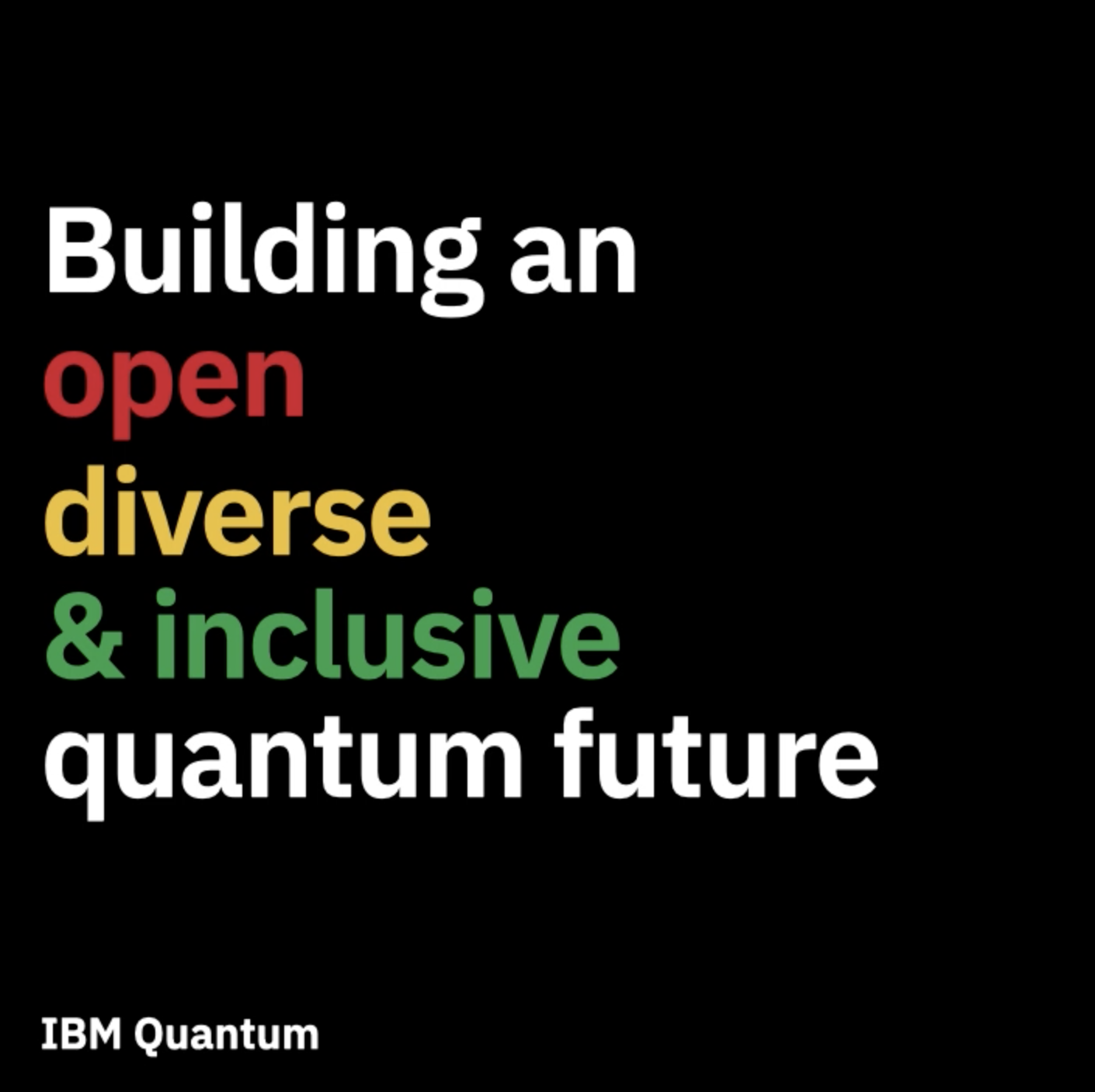Latest News
5 Things to Know About IBM’s Technology Investment in Historically Black Colleges and Universities
IBM has announced its first quantum education and research initiative for historically Black colleges and universities (HBCU). The IBM-HBCU Quantum Center, introduced at the annual IBM Quantum Summit...
By Larry Greenemeier
IBM has announced its first quantum education and research initiative for historically Black colleges and universities (HBCU). The IBM-HBCU Quantum Center, introduced at the annual IBM Quantum Summit, is aimed at encouraging a diverse and inclusive quantum workforce. Led by Howard University and 12 additional HBCUs, IBM will offer access to its quantum computers, as well as collaboration on research projects, academic, education and community outreach programs.
As a nascent area of technology and business, quantum computing will benefit greatly from a diverse community of researchers, developers and businesses that can help advance both the technology and its research and commercial applications. In addition to the Quantum Center, as part of the company's continued efforts around diversity and inclusion, IBM will make a $100M investment in technology, assets, resources and skills development through partnerships with additional HBCUs through the IBM Skills Academy Academic Initiative.
Here are 5 things to know about IBM’s HBCU investment:
1. IBM is donating more than $100M as part of its Skills Academy Academic Initiative. This will include university guest lectures, curriculum content, digital badges, software and faculty training to some of the participating HBCUs by the end of 2020. The educational resources address topics such as artificial intelligence, cybersecurity, blockchain, design thinking and quantum computing.
2. The IBM Skills Academy is a comprehensive, integrated program designed to create a foundation of diverse and high demand skill sets that directly correlate to what students will need in the workplace. The participating HBCUs include: Clark Atlanta University, Fayetteville State University, Grambling State University, Hampton University, Howard University, Johnson C. Smith University, Norfolk State University, North Carolina Agricultural and Technical State University, North Carolina Central University, Southern University System, Stillman College, Virginia State and West Virginia State University.

3. The IBM-HBCU Quantum Center is a multi-year investment that will bring together researchers and students across the network of 13 HBCUs. The program will provide these schools with access to IBM quantum computers via the cloud, educational support for students learning to use IBM’s Qiskit open source software development framework, and funding for undergraduate and graduate research.
4. The Center will create a more diverse quantum-ready workforce from students studying not just physics and chemistry, but computer science and business, and more. Students at the participating HBCUs will become familiar with this technology and have career options rooted in quantum computing.
5. The 13 HBCUs participating in the Quantum Center were prioritized based on their focus in physics, engineering, mathematics, computer science and other STEM fields. They are: Albany State University, Clark Atlanta University, Coppin State University, Hampton University, Howard University, Morehouse College, Morgan State University, North Carolina A&T, Southern University, Texas Southern University, University of the Virgin Islands, Virginia Union University and Xavier University of Louisiana.
IBM is taking an active role to ensure quantum education and open science is designed for everyone. The next step is providing diverse communities with opportunities that help increase the number of underrepresented students educated in artificial intelligence, cybersecurity, blockchain, design thinking and quantum computing. Students at the participating HBCUs will have the opportunity to become familiar with these technologies and graduate with career options in high-demand fields.